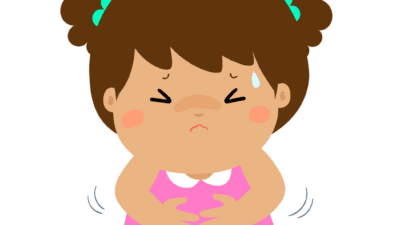The most common way is to manage one’s diet. It is helpful to keep track of food intake and any associated symptoms or flareups for a timeframe (4-6 weeks). At the start, it may make the most sense to start with a limited set of food items and slowly expand the list as time goes on. For example, steamed vegetables, rice and a fruit in week 1.
Common food and drinks that cause discomfort are listed below:
- Gas-producing vegetables
- High fat foods
- Carbonated beverages
- Artificial sweeteners
- Caffeine
- Alcohol
People with lactose intolerance and fructose malabsorption need to pay additional care to rule out causative foods. Elimination diets to remove dairy or high FODMAPs (fermentable oligo-, di-, monosaccharides, and polyols) are other options to explore. Each person’s journey tends to be unique with IBS and a combination of remedies may work best.
Fiber
Dietary fiber has long been used in the treatment of several gastrointestinal conditions. It is widely believed that IBS is caused primarily by a deficient intake of dietary fiber. Increasing the dietary fiber intake has been the standard recommendation for patients with IBS.
Dietary fiber can be divided into soluble types (i.e., dissolving in water) and insoluble types based on their physical and chemical properties. Soluble Dietary fiber can be divided further into short-chain and long-chain carbohydrates, and fermentable or non-fermentable types. Fermentable oligosaccharides, disaccharides, monosaccharides and polyols (FODMAPs) are to be considered to be the short-chain carbohydrate, soluble, and highly fermentable type of dietary fiber.
Short-chain, soluble and highly fermentable dietary fiber (e.g., oligosaccharides) results in rapid gas production that can outpace the capacity of the gastrointestinal tract to absorb gas into the bloodstream for final elimination through the lungs. This imbalance can cause abdominal pain/discomfort, abdominal bloating/distension and flatulence. On the other hand, long-chain, soluble and moderately fermentable dietary fiber (e.g., psyllium) results in a low gas production and the absence of the symptoms related to excessive gas production.
Physicians usually recommend patients with IBS to increase their intake of dietary fiber to 20–35 g daily in order to regulate the stools and reduce abdominal pain. Supplementation with long-chain, soluble and moderately fermentable dietary fiber such as psyllium can improve the global symptoms of IBS. To further ease the stress on your digestive system, smaller, more frequent meals instead of the traditional breakfast, lunch, dinner may help.
Follow us on:
http://www.facebook.com/getcandorapp










